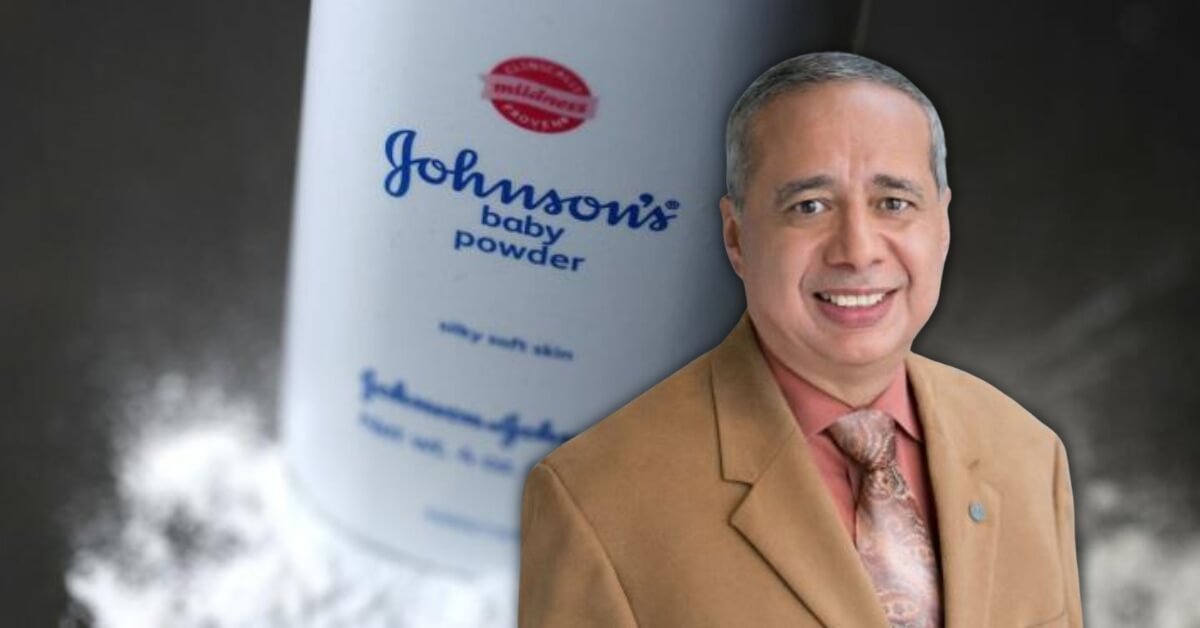Does anyone have the right to wish death upon anyone, let alone thousands of little children? Is war more crucial than human lives? Does one’s beliefs on religion hold more value than a mother grieving the loss of her child?
If the answer to the above is “freedom of expression,” then we have coddled the freedom of thousands tied to the fate of the Israel-Hamas war.
Over the past couple of months, the war has seeped from beyond the border into the minds of people all over the world. This has led to the radicalization of two sides, oozing with hate, contempt, divergence, and low regard for humanity.
People are expressing their opinions in unimaginable ways– from tearing down missing children’s posters, physically assaulting someone, Nazi salutes, and in the worst cases, even murdering a child because of their origins.
The unhinged anti-Semitic and Islamophobic comments have marred the internet with a shameful chapter in History. Adding another leaf to the disgraceful comments, the following case displays how people in power are so detached from the reality of war and feel entitled to their controversial beliefs.
At the heart of this controversy is a figure who, until recently, was revered for his contributions to pediatric medicine. Dr. Sam Maldonado, a name synonymous with groundbreaking advancements in children’s healthcare, is now at the epicenter of a heated debate. His recent comments have sparked widespread outrage, leaving many to question the integrity of a man once held in high esteem.
The controversy surrounding Dr. Sam Maldonado stems from his alleged endorsement of violence against Palestinians. This statement has led to calls for boycotting Johnson & Johnson, where he was a former vice president. In a LinkedIn post, the doctor commented, “Kill all Palestinians,” considering the Gaza genocide and the ongoing Israel-Hamas war.
When Personal Beliefs Clash with Public Persona: Who Is Dr Sam Maldonado?
Following his contentious remarks, Dr. Maldonado’s legacy has taken a dramatic turn. He is no longer just the Vice President of Johnson & Johnson, known for his role in pediatric healthcare. Instead, he’s now a figure of public scrutiny and debate.
Dr. Sam Maldonado is renowned for his significant contributions to pediatric healthcare, particularly during his 22-year tenure at Johnson & Johnson, where he spearheaded innovative drug development programs and global health initiatives. “Every great story starts with a ‘why,’ and Dr. Maldonado’s is no exception,” as he once put it in an interview.
His career took off at Johnson & Johnson in 2000, where he revolutionized pediatric drug development. His vision led to the creation of the Child Health Innovation Leadership Department (CHILD), a game-changer in pediatric healthcare.
He played a pivotal role in the International Neonatal Consortium (INC) and the Institute for Advanced Clinical Trials for Children (I-ACT), collaborations that redefined pediatric clinical trials.
Dr. Maldonado’s influence wasn’t confined to research labs or boardrooms. He was instrumental in shaping healthcare policies, with a particular focus on global pediatric health. His work at Boehringer-Ingelheim and his contributions to the Pediatric Exclusivity law at the FDA are testaments to his dedication.
Dr. Maldonado’s story is not just about his achievements but his journey. With an MD from the National University of Honduras and extensive training in the U.S., his path is a powerful reminder of the universal impact one individual can have in the healthcare sector.
So you can imagine how shockingly disappointing his comments on the ongoing war have been, given his contribution to such noble causes. Now, his legacy is tarnished by his
A Misguided Call or a Misunderstood Context?
Dr. Maldonado’s alleged statement, “Kill all!!!” in reference to Palestinians, posted on his LinkedIn profile, has ignited a firestorm of criticism.
While some argue that these comments are a blatant endorsement of violence, others question the context in which they were made. Was this a momentary lapse of judgment or a deeper, more troubling insight into his beliefs?
The reactions to Dr. Maldonado’s comments highlight the power of words in shaping public opinion. His statements, particularly in the sensitive context of the Israel-Palestine conflict, have not only tarnished his reputation but also brought into question the ethical responsibilities of corporate leaders.
How does one reconcile professional achievements with personal beliefs that may be at odds with societal values?
But then, his justification for his beliefs bears more conflict than clarity. He stated in another comment with reference to Prime Minister Benjamin Netanyahu–
“This is perhaps the order Bibi received from the Lord regarding Palestinians. People may call this ethnic cleansing or genocide but the Chosen People of God know that this is obedience to God. God has to be obeyed or else…”
Let us know in the comments section whether his statements clarify his stance. How do you perceive this statement? Join the discourse below.
When Corporate Image Meets Personal Belief
Johnson & Johnson, a company with a longstanding reputation for healthcare innovation, now finds itself in a precarious position. The actions and words of a former executive have left the company grappling with a public relations crisis.
How will they navigate this complex situation, and what does it mean for their corporate image?
As we unpack the layers of this controversy, several questions emerge: How much responsibility should corporations bear for the personal opinions of their executives? And in an age where social media blurs the lines between personal and professional personas, how do we distinguish between the two?
How do we, as a society, balance the right to free speech with the responsibility to avoid inciting harm?
These are questions not just for today but for our ongoing dialogue about ethics, responsibility, and the power of words in our interconnected world. Share your thoughts in the comments section below.

